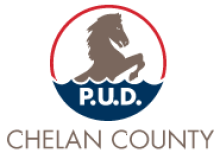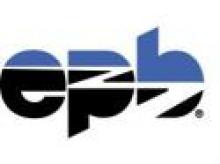Rural Washington Network, Chelan PUD, Increases Speeds and Expands
The Chelan Public Utility District in Washington state is upgrading network capacity as it starts expanding the network following its broadband stimulus award. We previously covered their consideration of whether to expand from passing 80% of the territory to 98%.
Chelan is one of the most rural publicly owned fiber networks as well as one of the oldest ones. In a rarity, it looks likely to run in the red permanently (the pains of rural, mountain terrain) with the support of most ratepayers. These ratepayers recognize the many benefits of having the network outweigh its inability to entirely pay for itself. The utility also runs a sewer project that is subsidized by wholesale electricity sales. Though some areas in Chelan are served by Charter and Frontier, the more remote folks would have no broadband access if not for the PUD.
With the planned upgrades in 2011, Chelan's open access services will offer far faster speeds than available from the cable and DSL providers. Under Washington law, the PUDs cannot sell telecommunications services directly to customer. The PUD builds the network infrastructure and allows independent service providers to lease access while competing with each other for subscribers. Though this is a great approach for creating a competitive broadband market, it has proved difficult to finance (if one believes this essential infrastructure should not be subsidized as roads are).
When the PUD considered whether to pursue the expansion (meaning taking a federal grant covering 75% of the costs and agreeing to run the network for 22 years), it asked the ratepayers for feedback:
Sixty-four percent of 450 randomly chosen Chelan County registered voters who were part of phone survey in August said they favor taking the grant and completing the buildout, even if it means their electric bills will go up by as much as 3 percent — about $1.50 more on a $50 per month power bill.On November 9, PUD Commissioners approved the rate increase. Chelan's service providers currently offer connections of 6Mbps/384kbps or 12 Mbps/384kbps.



